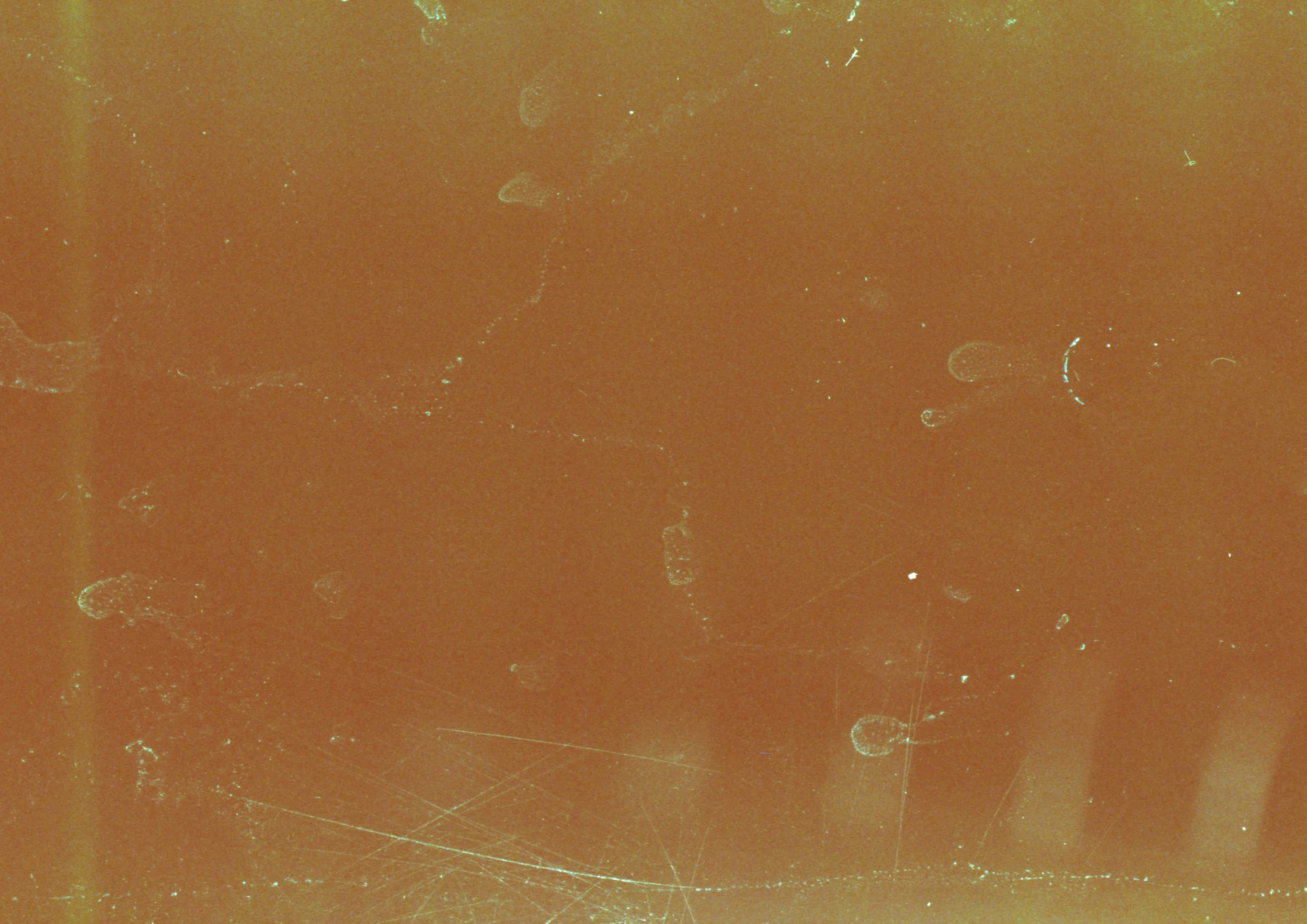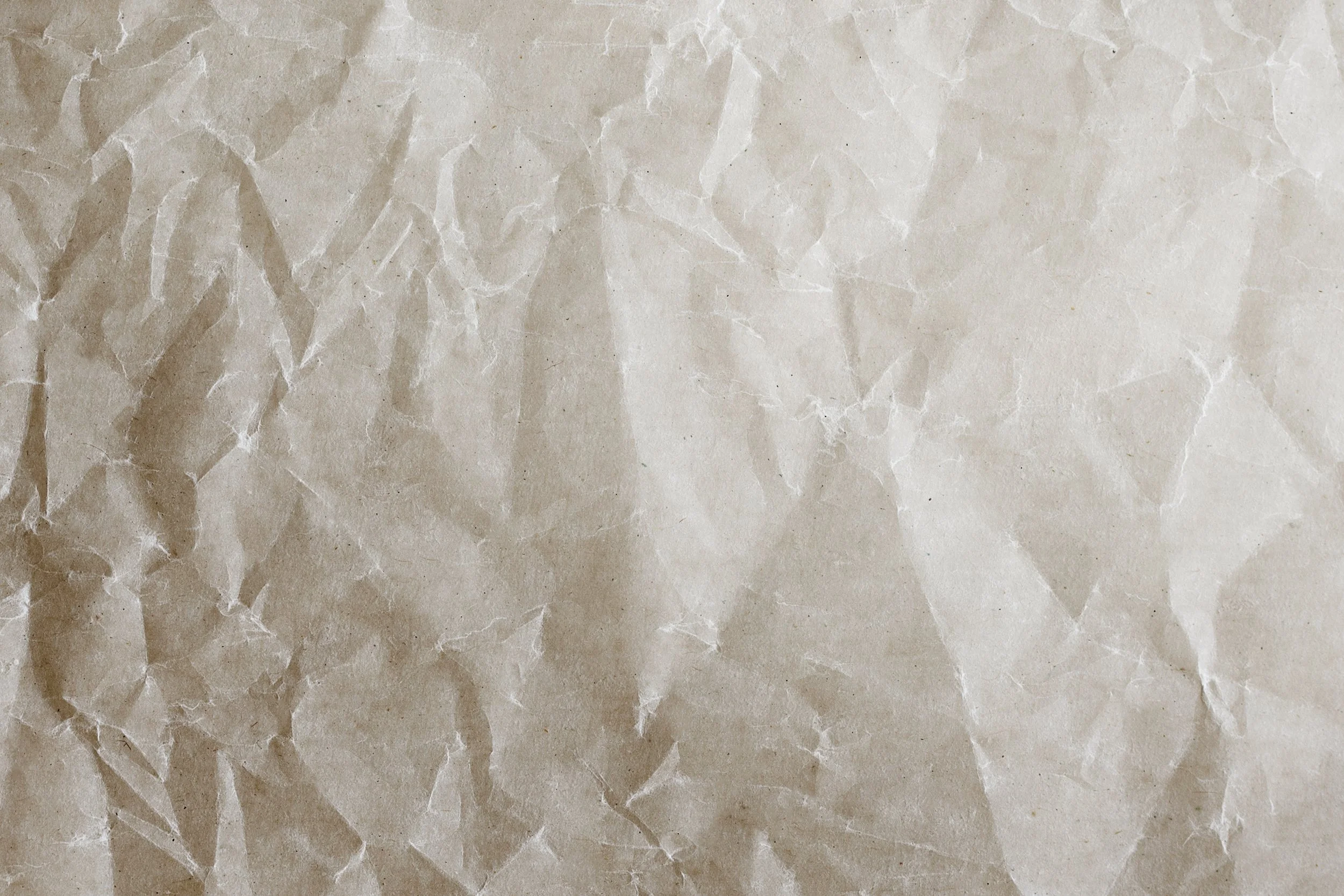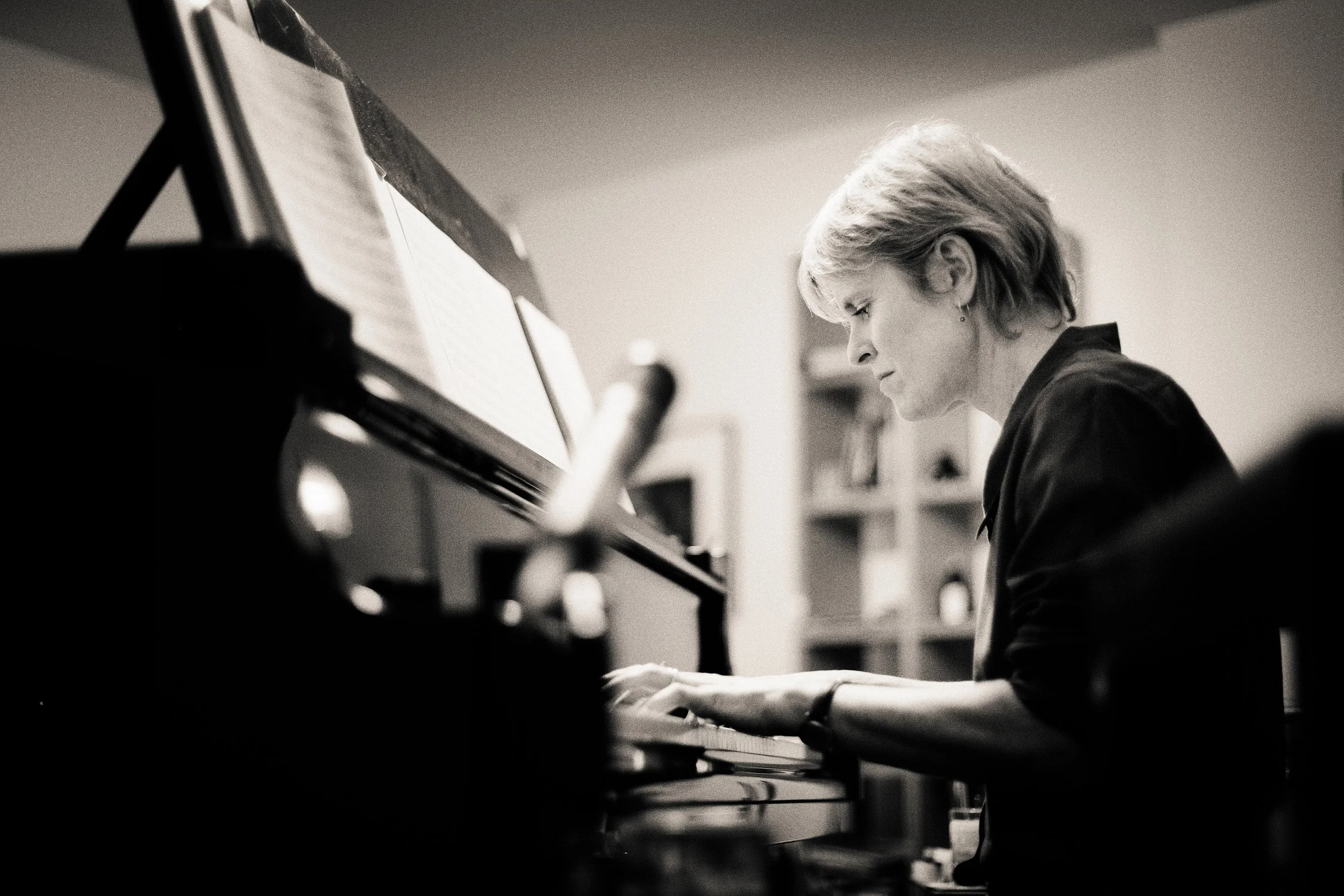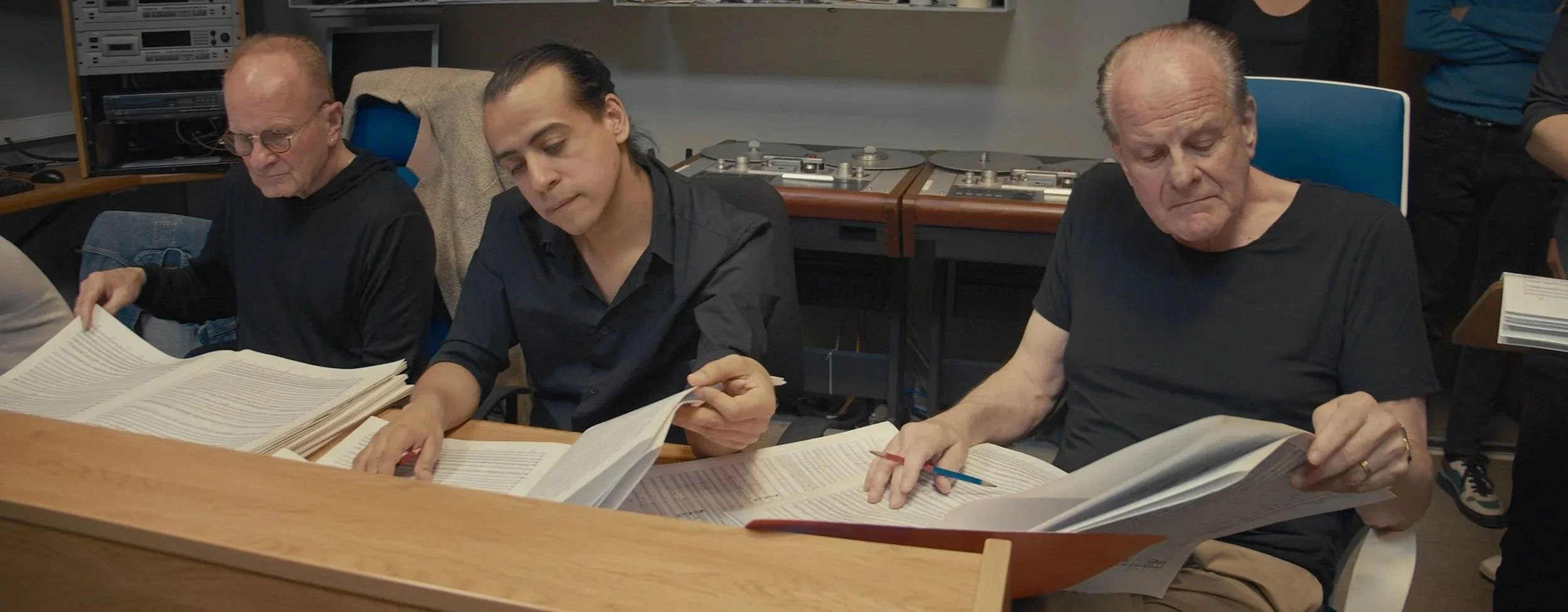SECOND
EDITION
BY ANDY HILL
Scoring The Screen has a new publisher and some new pages, most of them filled with musical reductions made straight from the composer’s original score, which is the standard for all the music featured in the book.
Bloomsbury, the UK company that was prescient enough to take a chance on Harry Potter, has picked up my most recent publisher, Rowman & Littlefield, which in turn had assumed most of Hal Leonard’s educational imprints.

It will release the second edition of Scoring The Screen in January 2026, in deluxe hardcover edition (a little on the pricey side, I have to say), paperback, and eBook versions.
The second edition adds new chapters on Howard Shore’s The Two Towers score from the LOTR series, The Music of the Disney Renaissance (incl. Beauty and the Beast and The Lion King), an examination of the state of the art in music for video games, with analyses of Journey and Abzu and an interview with their composer, Austin Wintory, as well as other goodies.
And because the film music biz has undergone a long-needed “gender adjustment” with the infusion of female talent in the field, I set aside a chapter to talk with Rachel Portman, Pinar Toprak, Natalie Holt, and Stephanie Economou, all of whom speak frankly about their experience breaking into the once virtually all-male clubhouse of film composers.
I’ve also persuaded Bloomsbury to increase the dimensions (page size) to make it easier for readers and students to open the book on their keyboard or workstation desk and follow or play along with the reductions as they watch the film or listen to the cues.

This was my original intent: to allow you to "reverse engineer" the score by working backwards from reduction to conception, thus gaining insight into how different composers generate ideas.
I’m also working with the publisher on a way to provide readers with the .xml notation files, so that if you wish you can pop them into your DAW, load the proper instrument, and hear parts, articulations, and voicings note-by-note and line-by-line.
Finally, there will be an embedded playlist on this site so that if you can’t access the video, you’ll have the track.

When I first learned, almost nine years ago, that Scoring The Screen was to published by Hal Leonard, one of the planet's top purveyors of musical primers, texts, and scores (among them, the orchestral suites from most of John Williams' greatest), I was both humbled and over the moon.
Here was a publisher that could bring this book to the people and to the profession, and help to spark a new dialogue among scholars, fans, composers, and the producers who hire them about the importance of music in motion pictures.

I received invaluable help in the editorial process from senior editor John Cerullo.
I am now the beneficiary of that same help from my editor Michael Tan at Bloomsbury, who has shown both saintly patience and great enthusiasm from the get-go.
A book like STS, by its nature not for everyone, needs champions.






